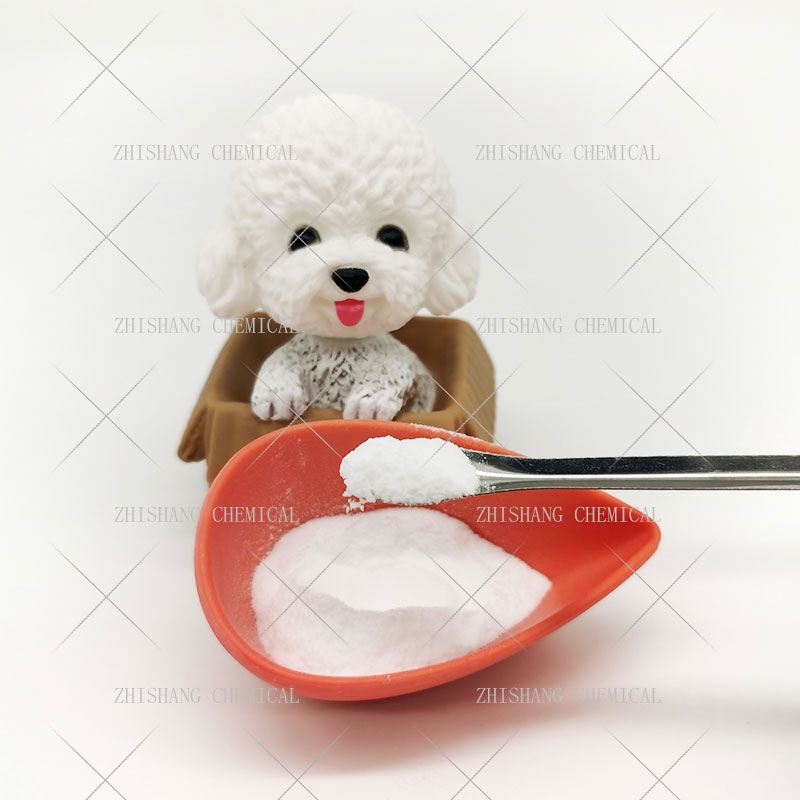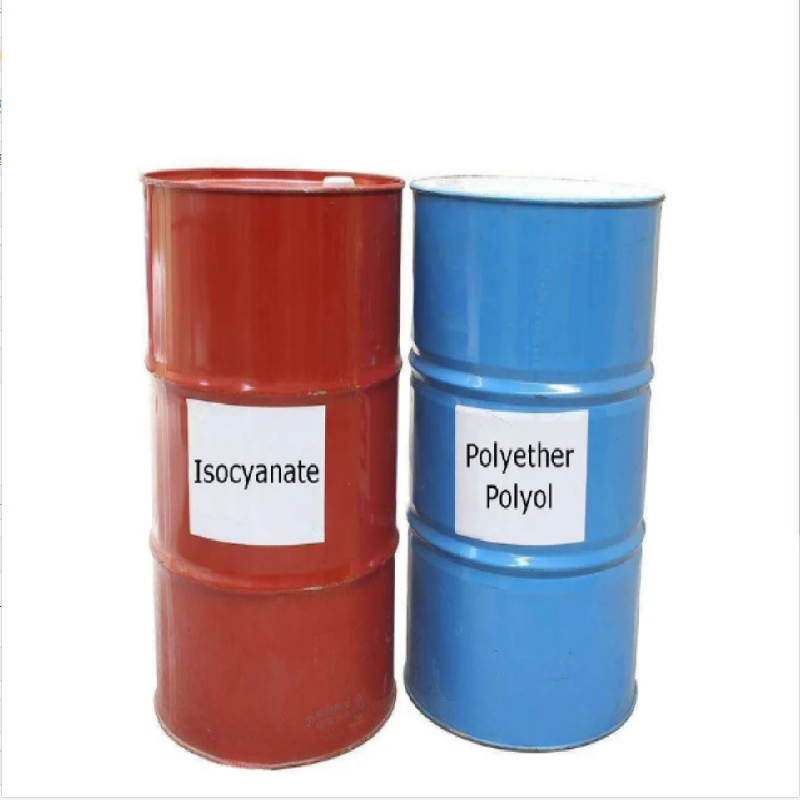-
Categories
-
Pharmaceutical Intermediates
-
Active Pharmaceutical Ingredients
-
Food Additives
- Industrial Coatings
- Agrochemicals
- Dyes and Pigments
- Surfactant
- Flavors and Fragrances
- Chemical Reagents
- Catalyst and Auxiliary
- Natural Products
- Inorganic Chemistry
-
Organic Chemistry
-
Biochemical Engineering
- Analytical Chemistry
-
Cosmetic Ingredient
- Water Treatment Chemical
-
Pharmaceutical Intermediates
Promotion
ECHEMI Mall
Wholesale
Weekly Price
Exhibition
News
-
Trade Service
Water-based coatings use water-based polymers as the film-forming material, which not only reduces VOC emissions, but also has the advantages of safety, no fire hazards, construction in humid environments, and convenient cleaning
The water resistance of a coating refers to the resistance of the paint film to the action of water .
The paint film is affected by water mainly in two aspects: First, the paint film has strong water absorption and is easy to regain moisture (or dry slowly, not easy to dry completely)
1.
2.
3.
So how to improve the water resistance of the paint film?
1.
2.
3.
4.
Increase the crosslinking density of the paint film and the completeness of the curing reaction
.
Choose high-end resin dispersion with hydroxyl value and appropriate additives to ensure that the paint film has a higher crosslinking density after curing
.
Of course, the additives should be added in an appropriate amount, too much will reduce the water resistance
.
5.
Reduce the surface tension of the paint film
.
After the surface tension of the paint film is reduced, it will have a certain degree of hydrophobicity, which can be achieved by using siloxane leveling agents
.
The above methods are more effective to improve the water resistance of water-based coatings
.
However, China's climatic conditions are diverse, the south is hot and humid, and the north has a long frost period.
The time window to meet the good climatic conditions for the construction of water-based anti-corrosion coatings is indeed limited, which will limit the promotion and application of water-based coatings
.
In addition, compared with the currently used solvent-based, high-solid and solvent-free coatings, water-based coatings still have poor thick coating properties and cannot be used in harsh corrosive environments
.
In the long run, the contribution of volatile organic chemicals in various coatings to PM2.
5 and the harm to the environment determine that water-based coatings are the future development direction of the coatings industry, and the improvement of various properties of water-based coatings has become the focus.
Research content
.






